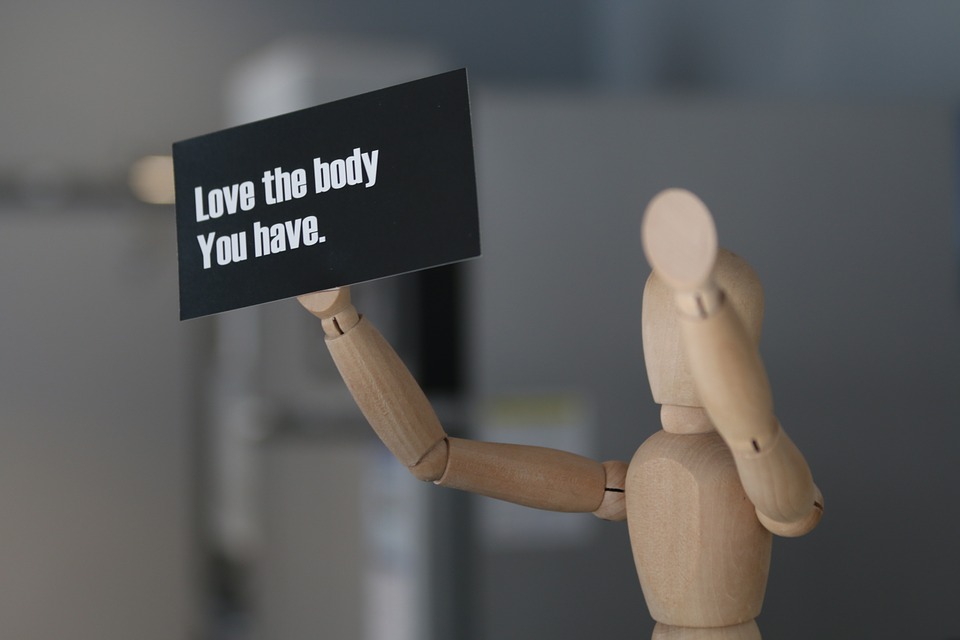Q: What is big and cream and grey and shivers?
A: An elephant dressed in a school uniform, laughing at a joke.
As I was reading the very enjoyable series of “Apoorva – The Fat Diary of an Indian School Girl” by Nandini Nayar, the jokes played on the protagonist Apoorva brought back not-so-happy memories of my own days at school. While most of us have laughed at such humor or not taken it so seriously, imagine the plight of the person who is at the receiving end. Thankfully, Apoorva is a great girl, and takes the jokes in her stride. Eventually people love her for what she is, beyond her physical attributes, and there’s a happy ending.
But it’s not always so in real life. I am sure you too would have experienced or been a witness to such bullying directly or indirectly. Comments on the weight, height, complexion, eyesight or any physical disability are quite common, and start as early as junior school. What begins as an innocuous joke slowly becomes a torture for the subject of the ridicule, and before anyone knows it, results in severe damage to the self-esteem of the person.
But if we think about it a little more deeply, who put the ideas in the children’s heads? How did they take weight or height or other physical characteristics to be something that can be made fun of? After all, it’s definitely not there in their textbooks! The answer is obvious when we look around us – the prejudices against one’s looks are set so deep in the society that it just seeps into people right from their childhood.
And this corrosive trend is damaging beyond imagination. Of course the target has it tough – dealing with such body shaming invariably results in low self-esteem and insecurity – leading off to depression and anxiety. Constant shaming may result in disorders like anorexia, binge eating, crash diets or in some extreme cases, cosmetic surgeries. And it’s not that this is limited to a certain set of people. Surveys show that at least 60% of all individuals have experienced body shaming in their lives, irrespective of their gender, but of course, the incidence of body shaming is much higher when it comes to women.
So, if you’re not as cool as Apoorva, and do face the wrath of cruel body-shamers, here are a few pointers that can help:
- Body Shaming is not at all about your body, it’s about the shamer’s mind. Do not internalize the shame, and do not give it any undue importance.
- Call the shamers out. Stand up for yourself. Don’t react emotionally, don’t get into a fight, but do stand firm on your point, and explain to the person that their words are hurtful.
- Sometimes, it might not just be worth it to try to explain yourself to the shamer. Identify when it is so, and move on. Remember the point 1 above.
- Like the kids in the school, there might be people who are completely oblivious to the fact that what they are doing causes pain. If you care about the person, try to counsel them, not just for yourself, but for all the other people in their lives that they might be hurting unknowingly.
If you are ever a witness to a body shaming, please try to educate the people involved. A lot of them claim to be doing it because apparently they care for the person at the receiving end. However, they need to understand that if they don’t like the person to be unhealthy, they should encourage them on the road to fitness, and do it positively. And most importantly, the parents need to help the children build of culture of seeing a person for who she is, than how she looks!
Join in Rethink – TEDxHyderabad 2018 event, and hear what Dr Falguni Vasavada-Oza has to say on the topic of body shaming.

